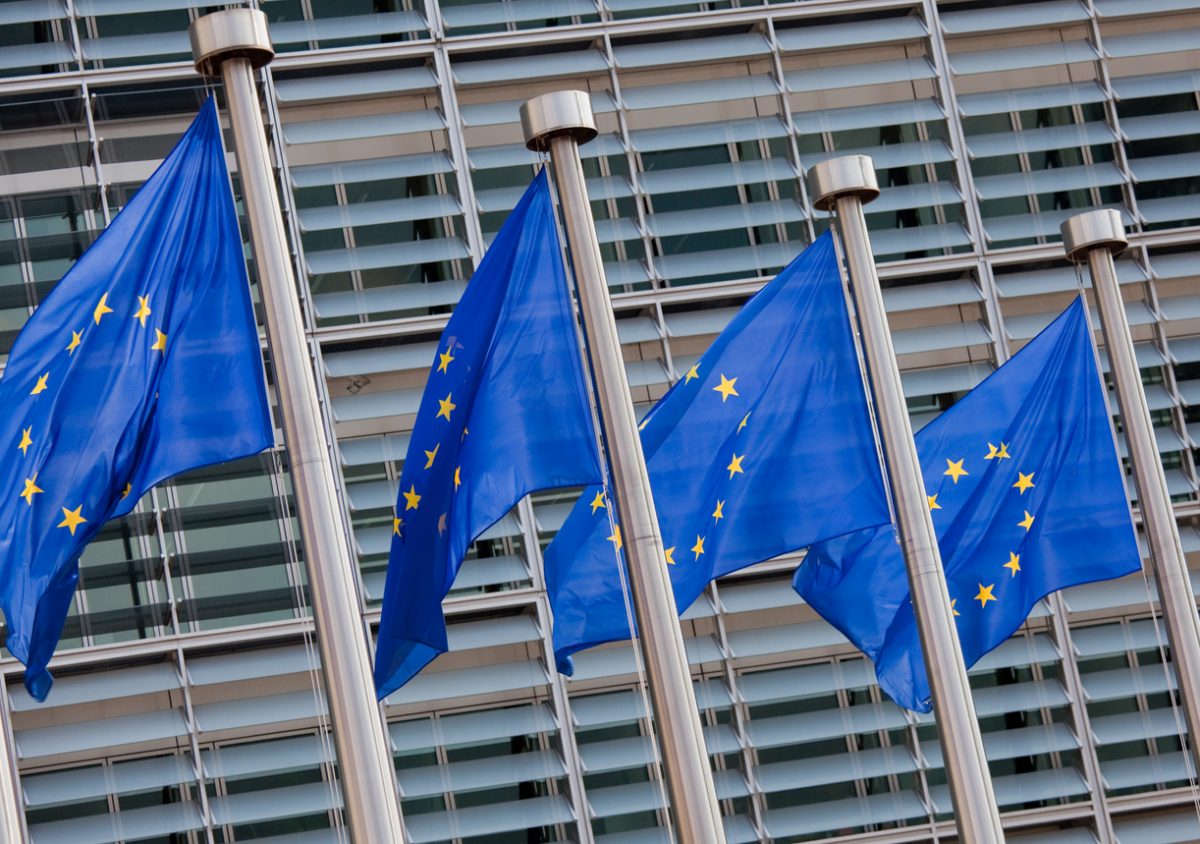Draft law approved by parliament with large majority. Bureaucracy reduction, innovation, and new raw materials partnerships sought.
The EU Parliament on Thursday adopted its position on the Critical Raw Materials Act. The bill, which aims to secure the EU’s supply of strategic raw materials and make the bloc more competitive, received a large majority of 515 votes in favor, 34 against and 28 abstentions.
The Critical Raw Materials Act was first presented in March (we reported) and provides for ten percent of the annual demand for strategic raw materials to be covered by own production by 2030. In addition, at least 40 percent of the annual requirement is to be processed in the EU and the recycling rate will be increased. To counteract one-sided dependencies, only 65 percent of a particular raw material may come from a single third country in 2030. Currently, the EU is heavily dependent on imports from China, for example for rare earths and the technology metal gallium, upon which export restrictions were recently imposed.
EU Parliament Stresses Importance of New Raw Materials Partnerships
The Critical Raw Materials Act will promote innovation along the entire value chain, provide incentives for private investors, and reduce bureaucracy, the parliament writes. Currently, it takes many years, if not decades, for new mines to go into operation, even though Europe has its own mineral resources. Above all, however, MEPs stressed the importance of strategic raw material partnerships with third countries in order to diversify the EU’s supply. For example, some of the EU’s new processing capacity could be built up particularly in developing and emerging countries. Initial steps toward new raw material partnerships have already been taken in Latin America and with Kazakhstan, among others. Through infrastructure projects as part of its Global Gateway Strategy, the EU, also in cooperation with G20 partners, wants to counterbalance China’s strong influence in countries of the Global South.
To move the Critical Raw Materials Act further down the road, MEPs will next negotiate with the EU Council, which represents member states.
Photo: iStock/Jorisvo


